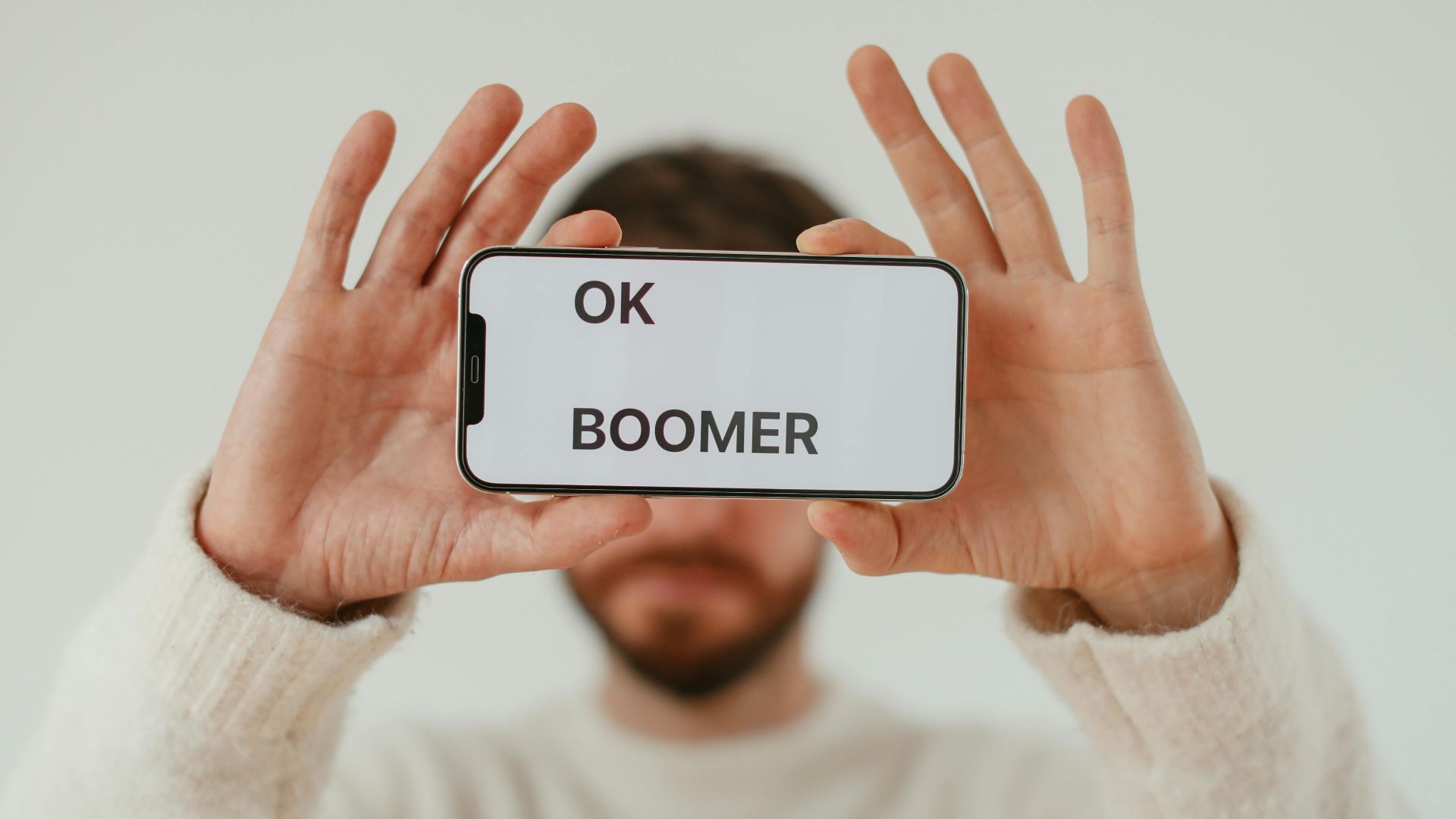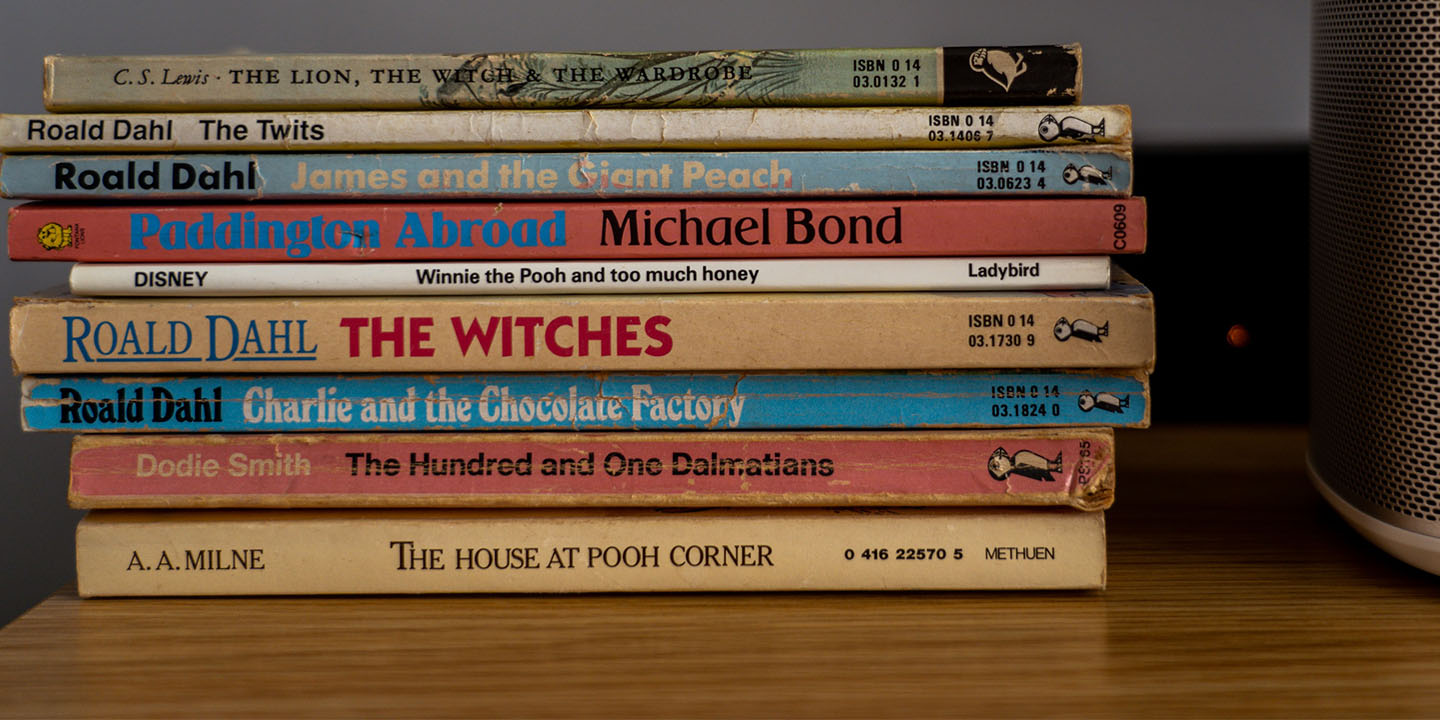In November 2019, New Zealand's Parliament, a 25-year-old lawmaker named Chlöe Swarbrick, was delivering a speech about climate change when an older colleague heckled her. Without missing a beat, she drops two words that would ricochet around the world: "OK, boomer." The chamber erupts. The internet explodes. A meme becomes a movement.
Reddit Threads To Real-World Rebellion
The phrase "OK, boomer" didn't start in Parliament—it bubbled up from the depths of internet culture in 2019, though its seeds were planted years earlier. Gen Z and younger millennials had been watching boomers dismiss their concerns about climate change, student debt, and unaffordable housing with patronizing advice like "just work harder" or "stop buying avocado toast." The frustration reached a boiling point.
What made "OK, boomer" brilliant was its simplicity. It wasn't an argument—it was a dismissal, a verbal eye-roll that flipped the script on decades of older generations telling younger people they were lazy or entitled. When someone blamed millennials for killing the diamond industry or suggested they could buy homes by skipping Starbucks, the response was swift and cutting: OK, boomer.
The meme spread like wildfire across TikTok, Twitter, and Reddit. By late 2019, it had accumulated billions of views on TikTok alone. Teens used it to clap back at out-of-touch comments. Young workers deployed it against condescending bosses. It became shorthand for "your outdated perspective doesn't apply to the world we're actually living in."
Why Two Words Sparked A Culture War
Baby boomers, people born between 1946 and 1964, didn't take kindly to being memed into irrelevance. Some called it ageist, comparing it to slurs targeting other groups. Radio host Bob Lonsberry infamously tweeted it was "the n-word of ageism," a comparison that was widely mocked and criticized for its false equivalence. The New York Times ran op-eds dissecting whether the phrase constituted age discrimination.
But defenders argued "OK, boomer" wasn't about age—it was about attitude. Plenty of actual baby boomers understood climate science, supported student debt relief, and acknowledged economic realities had changed. The phrase targeted a mindset: the refusal to recognize that younger generations faced fundamentally different challenges than their parents did.
The backlash revealed exactly why the meme resonated. Younger people had spent years being told they were coddled snowflakes who needed to toughen up. When they finally pushed back—not with lengthy arguments but with two dismissive words—the reaction was immediate outrage, proving the generational disconnect was real.
The Legacy Of A Linguistic Grenade
Today, "OK, boomer" has mostly faded from daily use, absorbed into the internet's endless cycle of viral moments. But its impact lingers. It legitimized generational frustration, giving young people a rallying cry that felt both playful and pointed. It forced uncomfortable conversations about privilege, economic inequality, and whose voices get heard in debates about the future.
More importantly, it proved that sometimes the most effective response to being dismissed isn't a carefully constructed argument—it's refusing to engage at all.









